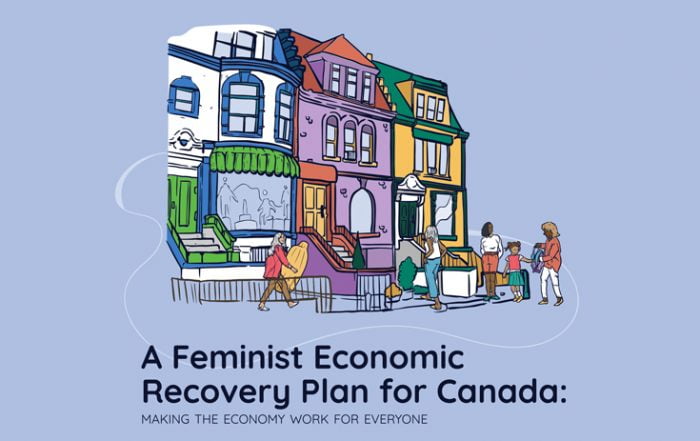Executive summary
The concept of the “gig economy” is popular in discussions about the future of work, and is sometimes hailed as a solution to underemployment and unemployment. In particular, a main advantage of gig work is that it allows flexible hours and worker independence, as compared to a standard nine-to-five role. This is especially relevant for those who are disadvantaged by standard models of employment and would benefit from the ability to choose how and when they work, such as caregivers or persons with a disability. An article in The Globe and Mail in 2017 claimed that “For women with children, the gig economy is a means to balancing family duties with a fulfilling professional career…[it] gives women the option to scale up or scale down as necessary and without the repercussions that often come with traditional employment.”
However, it is arguable whether the gig economy is a viable alternative to standard work. Although the concept itself may suggest possibilities for a liberating transformation in labour, many companies have taken advantage of the abundance of people willing to work gigs, and have deprioritized worker welfare in order to increase profits. Gender inequity, as well as racial and class inequities, also persist within and may be enhanced by gig work. Thus, while the gig economy can be beneficial for those who are looking to pad their incomes, it can have dire consequences—such as financial precariousness, an absence of benefits, vulnerability to harassment, and overwork— for those belonging to less privileged groups. Companies, governments, worker cooperatives and researchers therefore face an imperative to ensure the safety and rights of gig workers, many of whom are struggling to make living wages and find secure employment in difficult labour markets.







